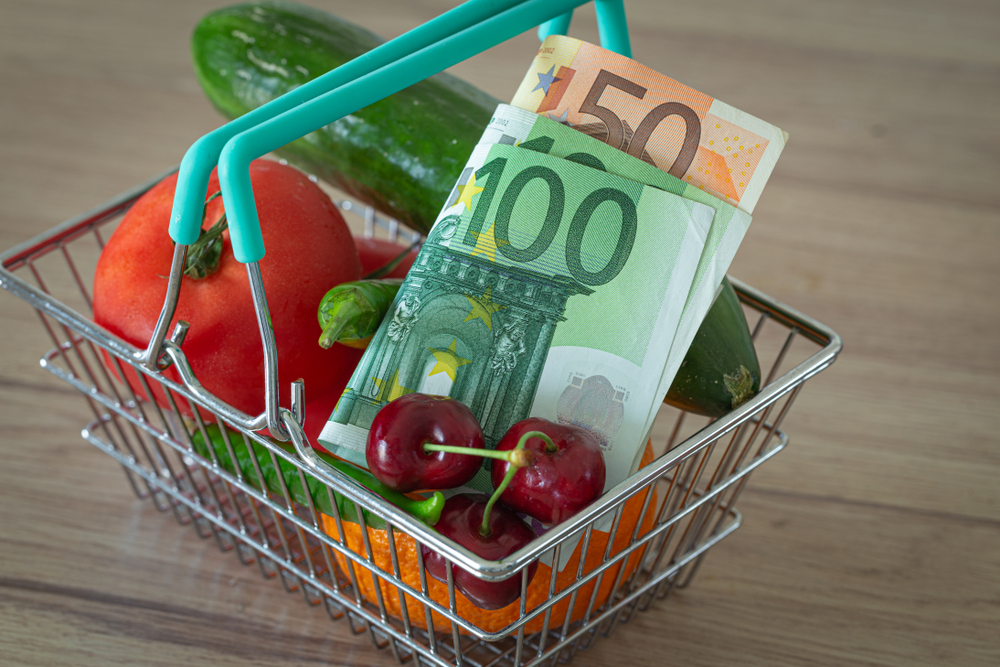The European Union faces potential fallout from a proposed 30% tariff on EU imports to the U.S., which could have serious economic consequences. If enacted, this tariff would significantly raise prices for U.S. consumers on goods like pasta, wine, and cheese. It could also disrupt the supply of key European products, with Italian wine being particularly vulnerable, as 80% of it would be subject to the tariff. Additionally, other sectors, including automotive, could also see higher costs, further burdening U.S. consumers.
The escalating trade conflict stems from a letter sent by President Trump, threatening to impose the tariffs starting in August. This move highlights the ongoing tensions in global trade negotiations. The EU, while preparing retaliatory measures, has yet to respond with specific actions, but the European Commission has made it clear that the tariff would severely hinder trade between the two regions.
Both European and U.S. businesses have expressed concern over the wider implications of these tariffs. The American Chamber of Commerce in the EU warned that tariffs would disrupt supply chains and increase costs for companies across all sectors. While some hope for an eventual agreement, the situation remains uncertain, and the potential for job losses and economic disruption grows.
The EU’s current trade relationship with the U.S. is worth nearly $2 trillion annually, with medical, pharmaceutical, and automotive products among the top exports. As the U.S. prepares for possible sector-specific tariffs, businesses on both sides of the Atlantic are bracing for the impact.


